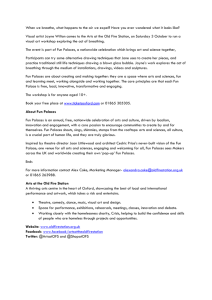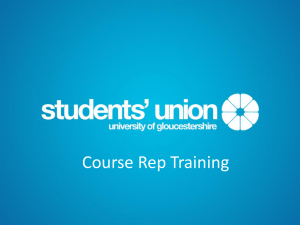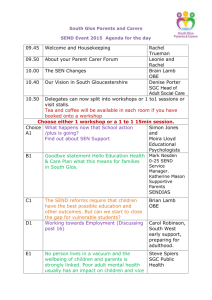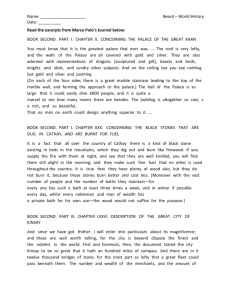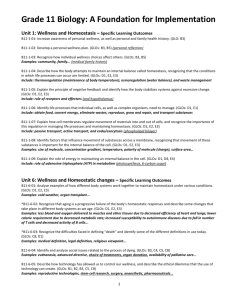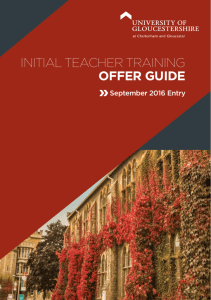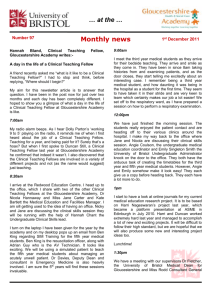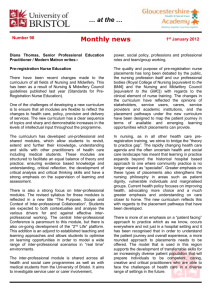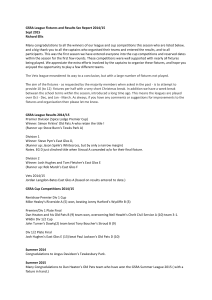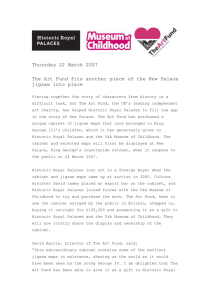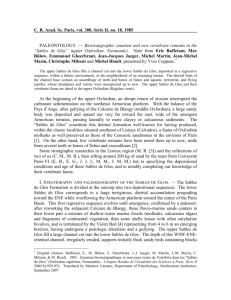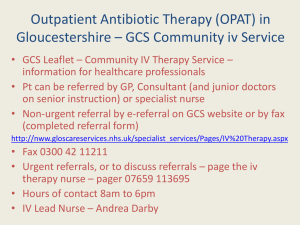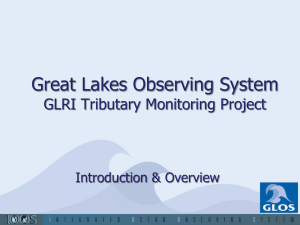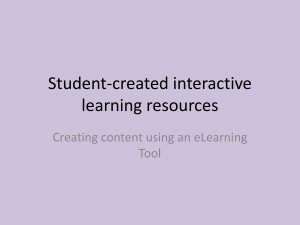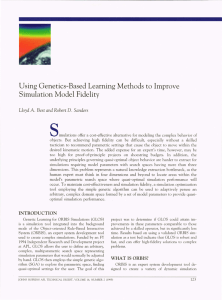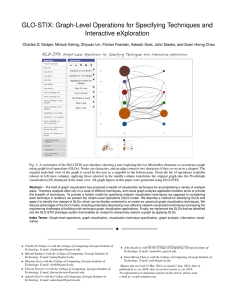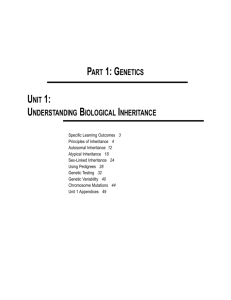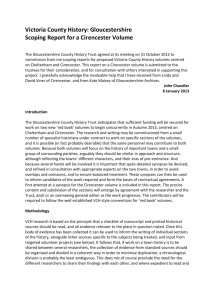Historic Royal Palaces
advertisement
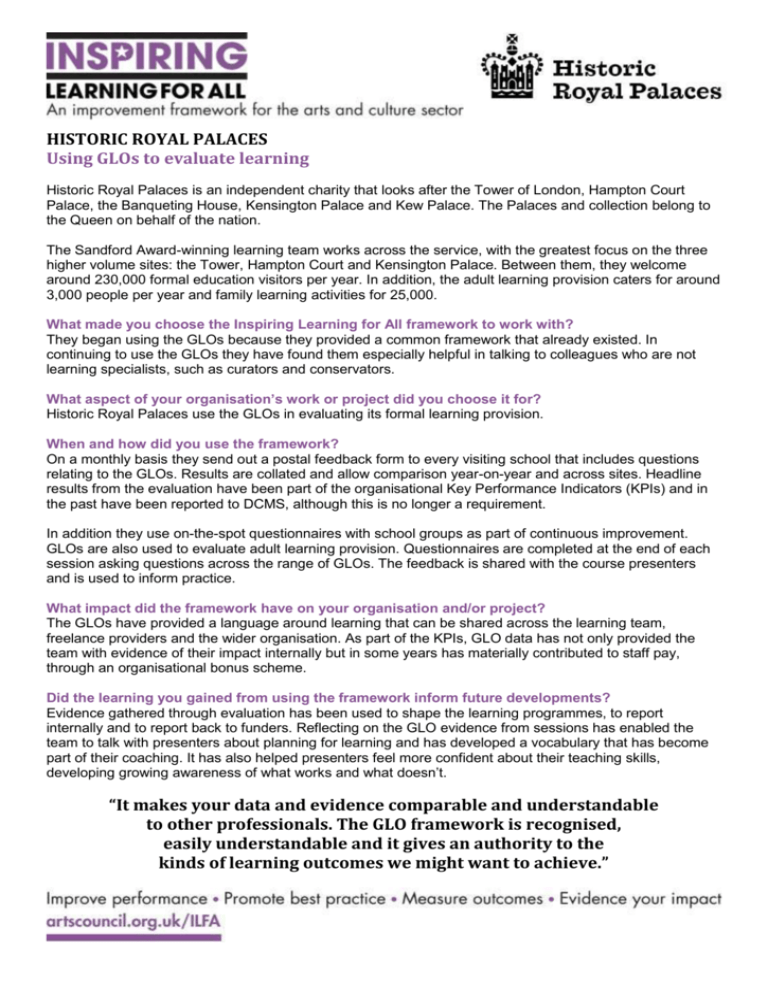
HISTORIC ROYAL PALACES Using GLOs to evaluate learning Historic Royal Palaces is an independent charity that looks after the Tower of London, Hampton Court Palace, the Banqueting House, Kensington Palace and Kew Palace. The Palaces and collection belong to the Queen on behalf of the nation. The Sandford Award-winning learning team works across the service, with the greatest focus on the three higher volume sites: the Tower, Hampton Court and Kensington Palace. Between them, they welcome around 230,000 formal education visitors per year. In addition, the adult learning provision caters for around 3,000 people per year and family learning activities for 25,000. What made you choose the Inspiring Learning for All framework to work with? They began using the GLOs because they provided a common framework that already existed. In continuing to use the GLOs they have found them especially helpful in talking to colleagues who are not learning specialists, such as curators and conservators. What aspect of your organisation’s work or project did you choose it for? Historic Royal Palaces use the GLOs in evaluating its formal learning provision. When and how did you use the framework? On a monthly basis they send out a postal feedback form to every visiting school that includes questions relating to the GLOs. Results are collated and allow comparison year-on-year and across sites. Headline results from the evaluation have been part of the organisational Key Performance Indicators (KPIs) and in the past have been reported to DCMS, although this is no longer a requirement. In addition they use on-the-spot questionnaires with school groups as part of continuous improvement. GLOs are also used to evaluate adult learning provision. Questionnaires are completed at the end of each session asking questions across the range of GLOs. The feedback is shared with the course presenters and is used to inform practice. What impact did the framework have on your organisation and/or project? The GLOs have provided a language around learning that can be shared across the learning team, freelance providers and the wider organisation. As part of the KPIs, GLO data has not only provided the team with evidence of their impact internally but in some years has materially contributed to staff pay, through an organisational bonus scheme. Did the learning you gained from using the framework inform future developments? Evidence gathered through evaluation has been used to shape the learning programmes, to report internally and to report back to funders. Reflecting on the GLO evidence from sessions has enabled the team to talk with presenters about planning for learning and has developed a vocabulary that has become part of their coaching. It has also helped presenters feel more confident about their teaching skills, developing growing awareness of what works and what doesn’t. “It makes your data and evidence comparable and understandable to other professionals. The GLO framework is recognised, easily understandable and it gives an authority to the kinds of learning outcomes we might want to achieve.”

